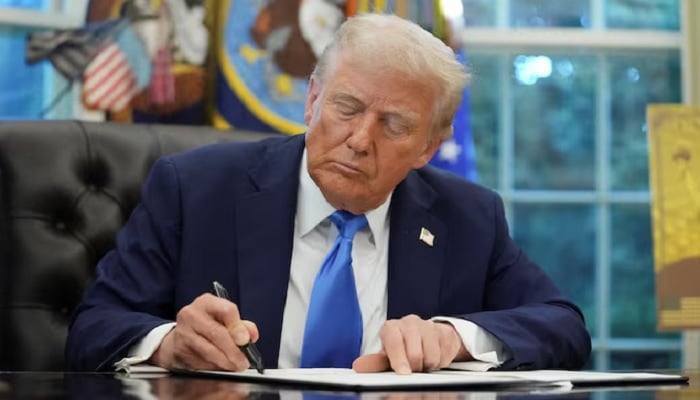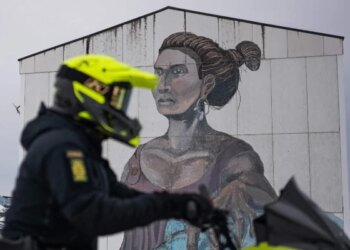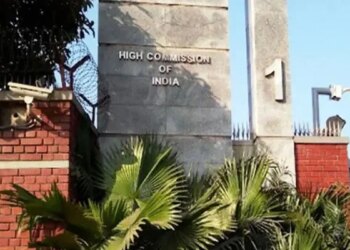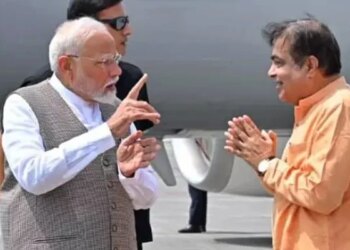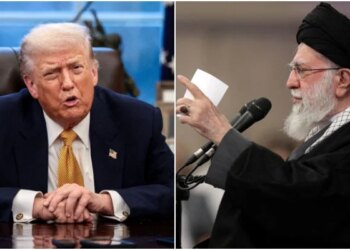Select Language:
U.S. President Donald Trump signed an executive order on September 19, 2025, in the Oval Office at the White House, establishing new rules for the gold card visa program. The White House asserts that this policy aims to safeguard American jobs and reduce national security risks.
India, responsible for approximately 71% of all approved H-1B visa petitions, faces significant disruption due to these changes. The Department of Homeland Security and the State Department will now require proof of additional payments for visa applications, with a new fee of $100,000 per sponsorship taking effect on September 21, 2025. This measure is initially set for one year.
The administration claims that some companies, especially within the IT sector, have exploited the H-1B program by replacing American workers with cheaper foreign labor, suppressing wages, and posing security concerns. The policy is designed to prioritize opportunities for U.S. students and ensure that only the most skilled foreign professionals are hired by American companies.
Data from the USCIS indicates that in fiscal year 2024, over 219,659 H-1B visas were issued globally, with India leading at 71%, followed by China with 11.7%. The top countries and their counts are: India (283,397), China (46,680), Philippines (5,248), Canada (4,222), South Korea (3,983), Mexico (3,333), Taiwan (3,099), Pakistan (3,052), Brazil (2,638), and Nigeria (2,273).
The majority of these visas—around 64%—are for roles in computer and software development, with additional significant shares for engineering, education, administrative positions, and healthcare. While the tech sector will be most impacted, related fields like education, engineering, and healthcare will also experience effects.
Legal experts note that the new rules will affect all H-1B holders, but the primary impact will be on tech firms, which are often accused of misusing the visa program. Critical healthcare roles such as nurses and doctors might be eligible for exemptions if sponsors can demonstrate national interest, potentially mitigating some effects on the healthcare sector.
Most Pakistani professionals on H-1B visas are employed in IT, software, and engineering, with smaller but notable involvement in healthcare, education, and administrative fields. The increased fees and stricter scrutiny will make sponsorship more challenging, although healthcare providers might secure exemptions if staffing shortages are demonstrated.
The executive order primarily targets India and China, which together account for over 80% of H-1B petitions. India, being the largest global supplier of IT talent, is expected to experience the most severe consequences, with significant impacts on its technology industry. That said, the timing is notable, given the close public relationship between Prime Minister Modi and President Trump, suggesting that economic and immigration policies are moving in different directions despite political appearances.
For Pakistan, the overall impact will be less intense, but sponsorship costs and barriers for professionals in IT, engineering, and education will increase. Only highly skilled and indispensable Pakistani professionals are expected to successfully secure visas, with exemptions available for healthcare workers under certain conditions.

